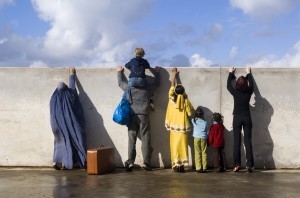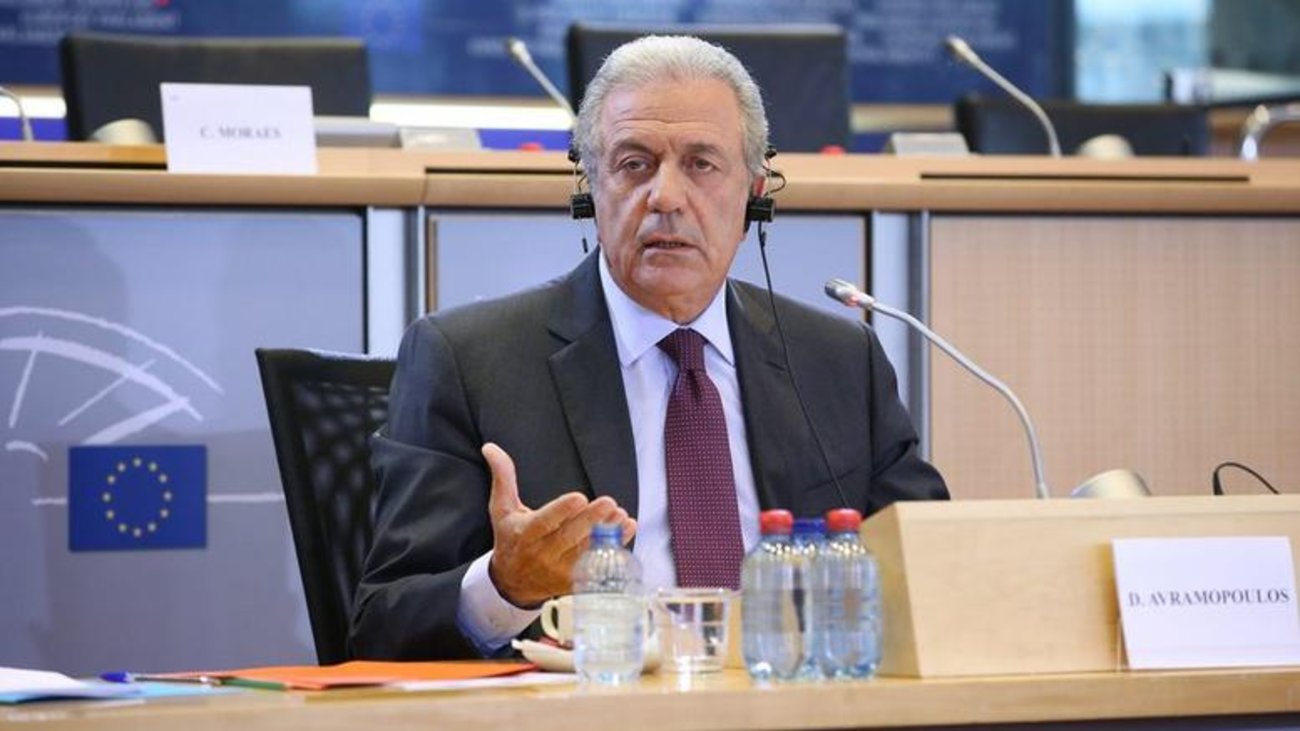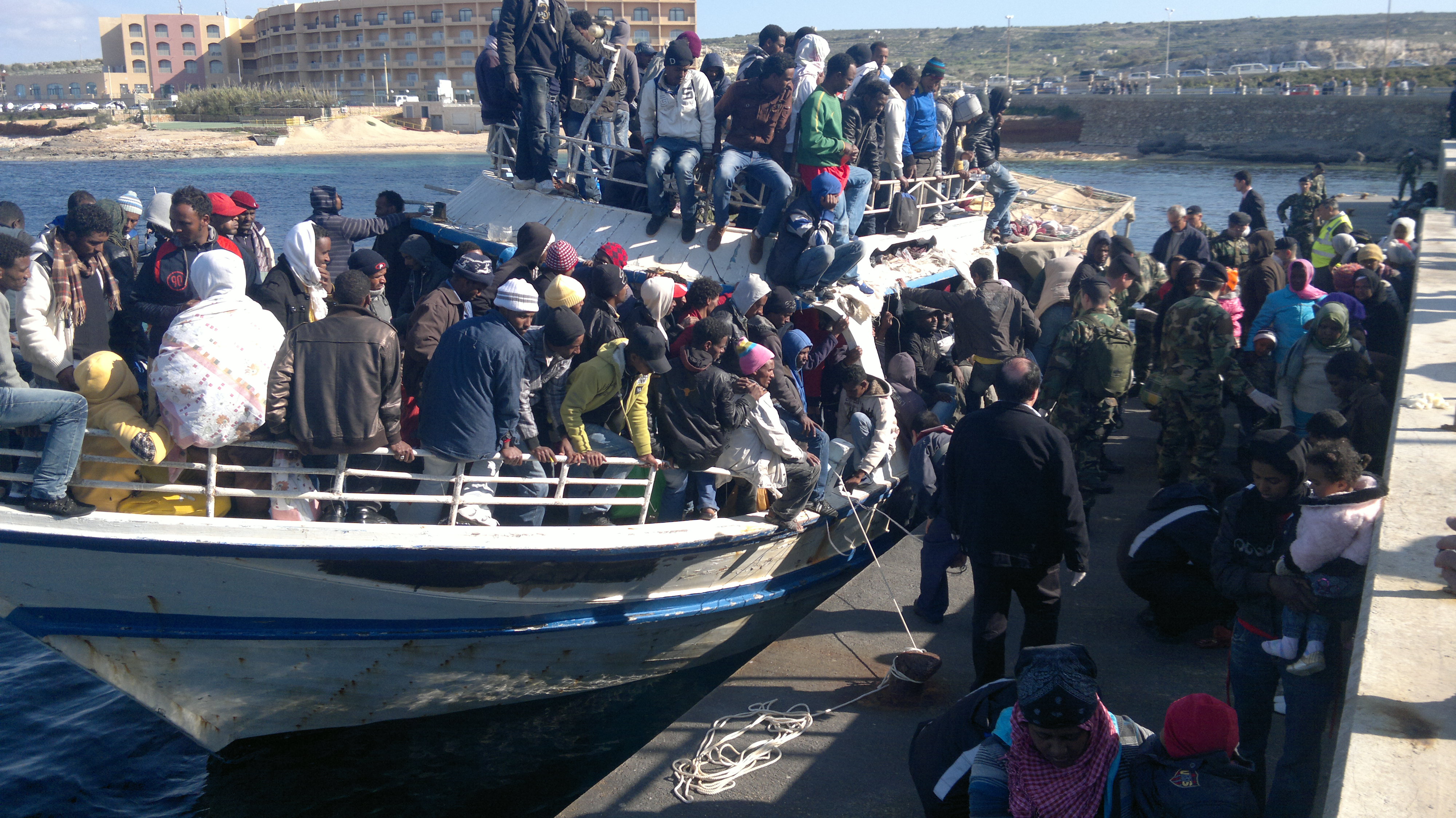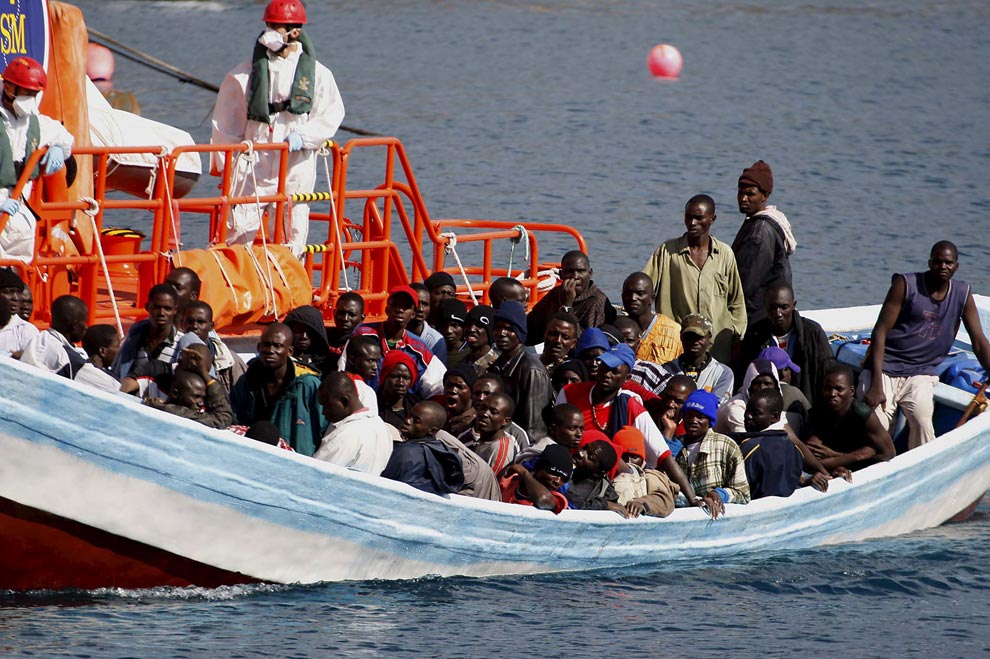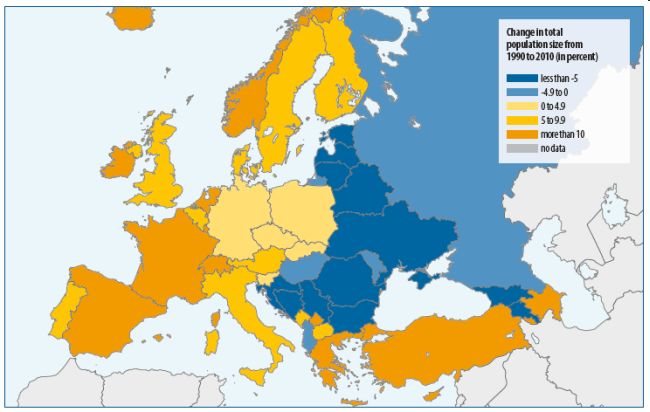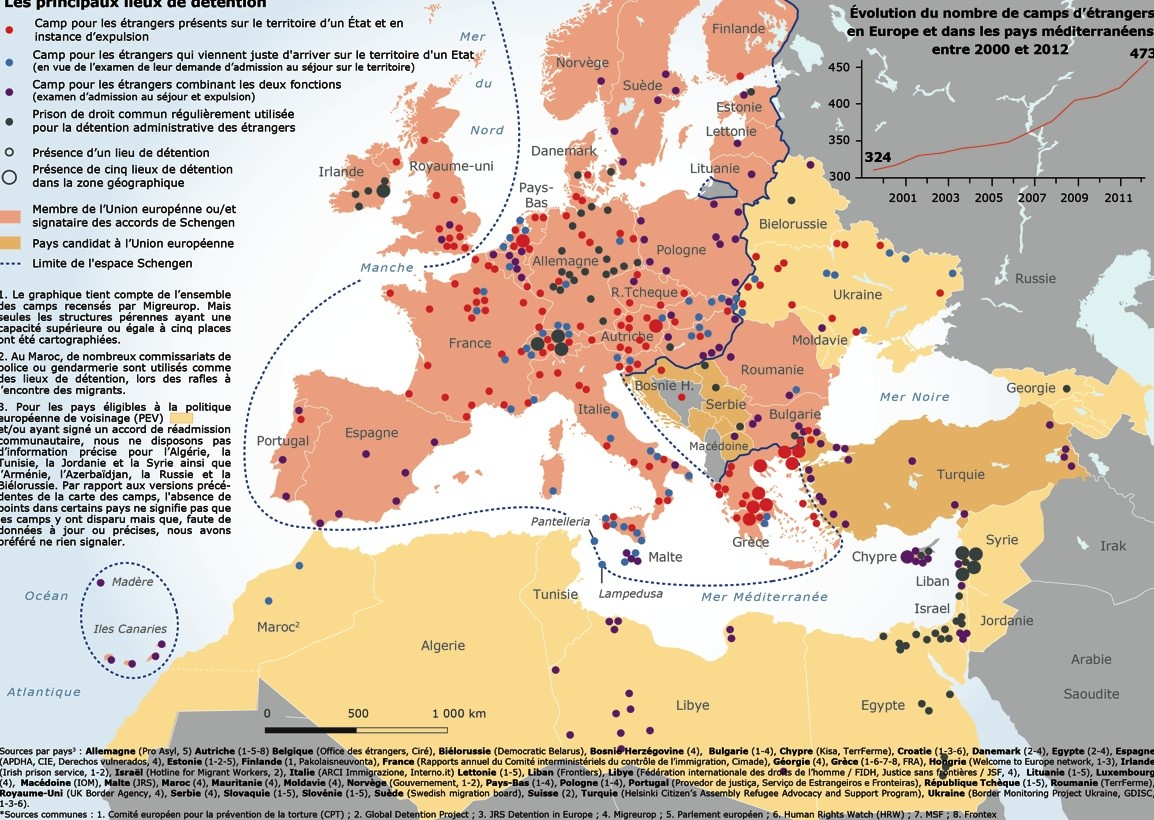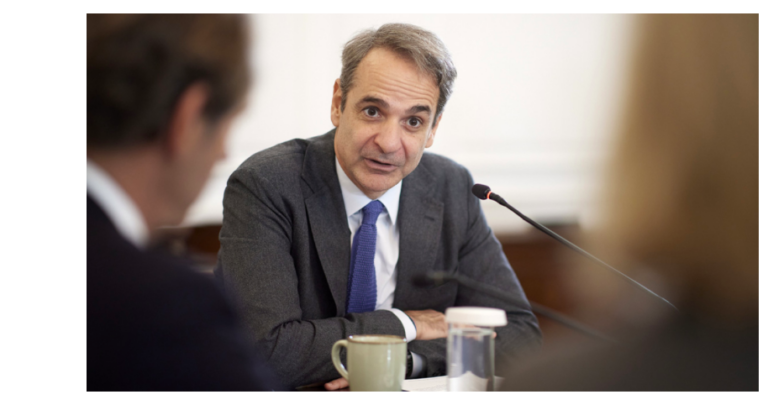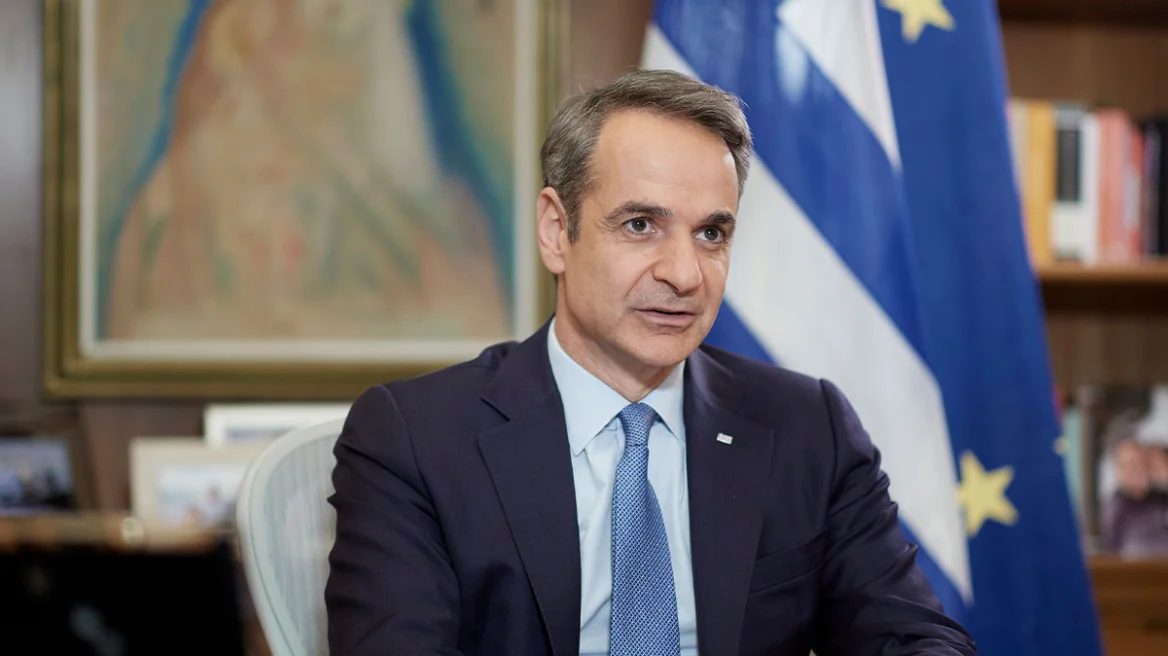Greek Commissioner Dimitris Avramopoulos made a speech during the European Parliament’s plenary debate on Migration on Tuesday. He said that he was honored to have the portfolio of migration and outlined that MEps questions showed the “complexity of the challenges the Eu faces on migration and asylum.”
“We are confronted with the highest migratory pressure at our external borders since the Balkan crisis,” he said, adding that this requires an integrated approach covering all areas, including foreign and security policy.
He pointed to solidarity and responsibility being exercised in “building a common European migration and asylum system, with common standards and rights for migrants.”
He said that Frontex and the European Asylum Support Office are agencies that can be used as tools when putting solidarity into practice. “Relocation has been developed by the Commission, and we will continue to work on this,” he pledged. “We have the early warning mechanism and the possibilities offered by Article 33 of the Dublin III Regulation. Some of these tools have already proven their worth. We need to further develop and use all of them, as appropriate.”
Apart from EU agencies, Mr. Avramopoulos said that he was also counting on the continued engagement of non-governmental organizations such as the UNCHR.
He urged for a need for major changes to the asylum system. He said that the approach wil be victim-centered and human rights based. “We must ensure protection for all victims and a strong criminal response to the traffickers, working closely with all the Justice and Home Affairs Agencies who implement actions on anti-trafficking,” he said, adding however that prevention is the “key”.
There are warnings that smuggling is increasing and that the EU needs to increase its response. “We need to build a stronger criminal justice response to stop this crime, investigating and prosecuting those in charge more severely,” he said, adding that the EU plan that should be developed to counter migrant smuggling needs to focus both on the dismantling of the criminal networks thorugh intelligence sharing, investigation capacity increase and prosection. Information campagins will also help to prevent smuggling.
Joint Operation Triton began on November 1, 2014, and is being followed closely. The cost of this endeavour is 2.9 million euros per month. He also positively views the European Parliament’s proposal to add a reserve of 20 million euros to the 2014 Frontex Budget.
The commissioner viewed resettlement as necessary to relieve the burden of refugees’ host countries.
Regarding Funding:
Under the Development and Cooperation Instrument, the Commission is currently implementing initiatives for around € 53 million focused on migration and international protection.
Out of these funds, around € 14 million supports the fight against trafficking and smuggling and tackles irregular migration, while €17 million are dedicated to actions focused on Regional Development and Protection Programme for refugees and host communities in the Middle East, Horn of Africa and North of Africa countries.
The European Neighbourhood Instrument mobilizes around €60 million for migration and international protection-related interventions in the Mediterranean countries.
In addition, around €200 million were allocated in 2014 to respond to the Syrian refugee’s crisis.
Under the 2014 – 2020 financial framework Member States and Schengen Associated countries will receive more than €4.4 billion under the two Funds combined: the Asylum, Migration and Integration Fund and Internal Security Fund Borders and Visa.
The frontline Mediterranean Member States (Greece, Italy, Malta and Spain) will receive a large share of these funds, totalling together around €1.4 billion over the whole financial cycle.
For emergency situations, we have set aside for 2014 (for all Member States together) €25 million under the Asylum, Migration and Integration Fund and € 6.8 million under the Internal Security Fund Borders and Visa.
Ask me anything
Explore related questions
